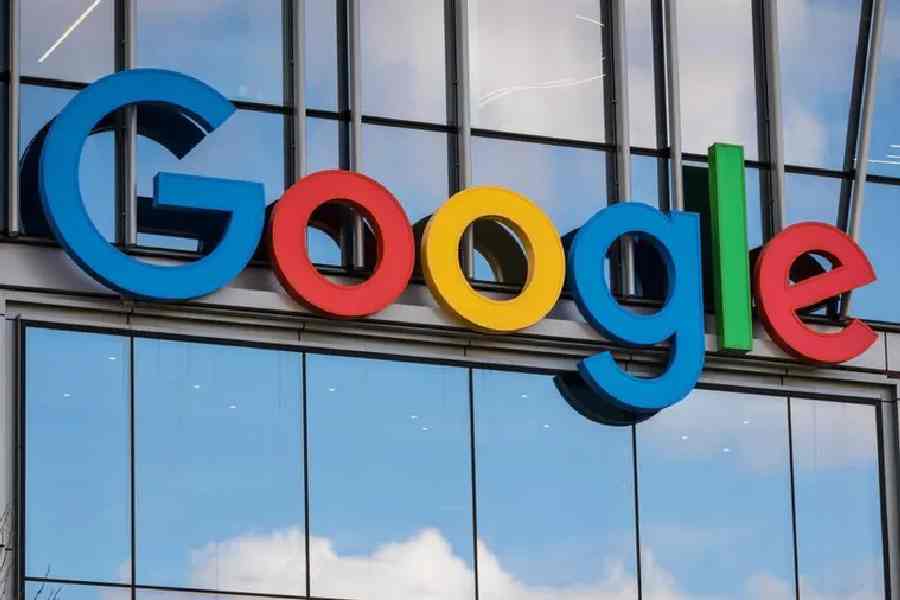For years, Google has faced complaints about how it dominates the online advertising market.
Many of the concerns stem from the Internet giant’s suite of software known as Google Ad Manager, which websites around the world use to sell ads on their sites. The technology conducts split-second auctions to place ads each time a user loads a page.
The dominance of that technology has landed Google in federal court. On Monday, Judge Leonie Brinkema of the US District Court for the Eastern District of Virginia will preside over the start of a trial in which the department of justice accuses the company of abusing control of its ad technology and violating antitrust law.
It would be Google’s second antitrust trial in less than a year. In August, a federal judge ruled in a separate case that Google had illegally maintained a monopoly in online search, a major victory for the justice department.
The new trial is the latest salvo by federal antitrust regulators against Big Tech, testing a century-old competition law against companies that have reshaped the way people shop, communicate and consume information. Federal regulators have also filed antitrust lawsuits against Apple, Amazon and Meta, which owns Facebook, Instagram and WhatsApp, saying those companies have also abused their power.
The justice department declined to comment on its latest courtroom fight with Google. A spokesperson for Google also declined to comment beyond a 2023 blog post in which a company executive, Dan Taylor, said the justice department was trying “to pick winners and losers in the highly competitive advertising technology sector.”
Google’s other antitrust case is also moving forward. On Friday, Judge Amit P. Mehta of the US District Court for the District of Columbia set a timeline for deciding remedies by next August. The justice department has considered asking for a breakup of the company.
The financial impact of the Google trial that starts Monday would not be as significant as the suit targeting the company’s core search business, which accounts for about 57 per cent of Google’s revenue.
But the new suit could still reshape the Internet giant and change the way many online ad businesses operate. The government is pre-emptively calling for a break-up of Google’s ad tech business. That includes divesting advertising software developed by DoubleClick, a company that Google acquired for $3.1 billion in 2008.
Google wrapped DoubleClick’s technology into a suite of products that are used for ad transactions around the web. Today, Google’s ad-selling tools for publishers control 87 per cent of the US market, the government says. The justice department says that overall, Google’s technology for selling ads across the web brought in about $31.7 billion in 2021. That portion of its business contributes only a small fraction of the profits.
The justice department is expected to argue that Google’s dominance over placing ads online results in higher prices for advertisers and publishers. Google’s tool has also hurt specific industries, like news publishers, the government says. Google takes a portion of the price each time those publishers sell their ad space, making it harder for them to stay in business, the government argues.
“Ad tech issues raise the most important antitrust issues involving Google,” in part because they evoke the prospect of a breakup of the company, said Doug Melamed, a former acting assistant attorney general for the justice department’s antitrust division.
A government win could require the sale of DoubleClick and other ad tech acquisitions, forcing Google to change its behaviour when selling ads online.
Cleaving the DoubleClick technology away from Google could have broad implications for the online advertising industry because it is so widely used by publishers, even if it is no longer the centrepiece of Google’s ad business.
William Kovacic, a former chair of the Federal Trade Commission, said doing so would be “very directly changing an industry structure that’s made them enormously powerful” because web advertising is the foundation of the entire modern, free Internet.
New York Times News Service











